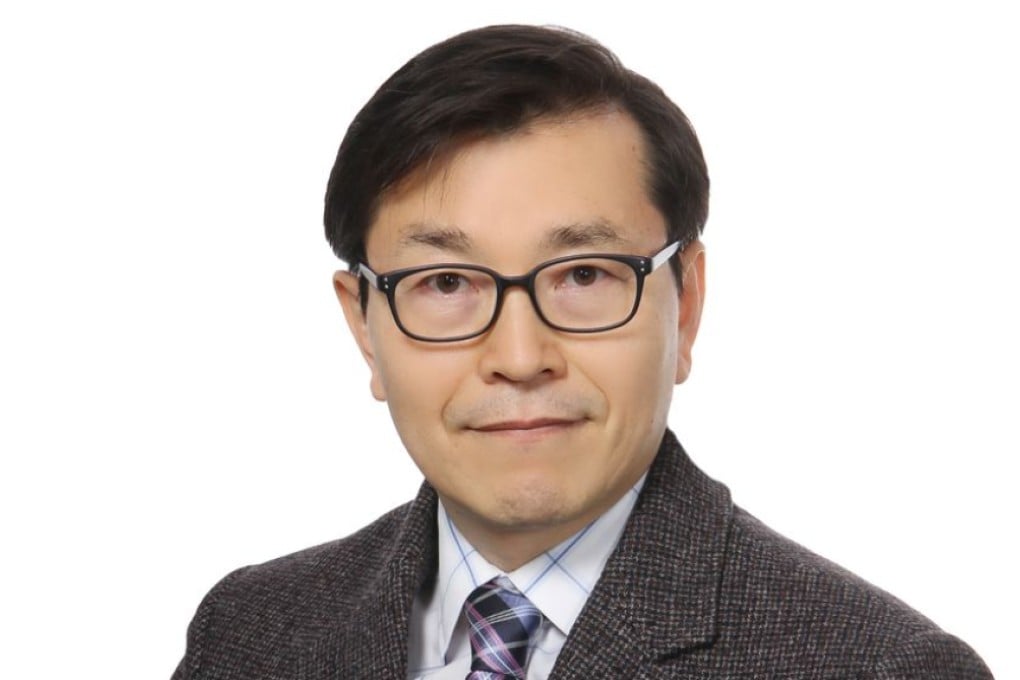Q-Sys ushers in future of display market
Polymer dispersed liquid crystal (PDLC) technology will soon go beyond smart windows as Q-Sys, South Korea's global market leader in this niche, explores prospects in consumer electronics, appliances, vehicles and building construction.

Polymer dispersed liquid crystal (PDLC) technology will soon go beyond smart windows as Q-Sys, South Korea's global market leader in this niche, explores prospects in consumer electronics, appliances, vehicles and building construction.
Associated with privacy glass, or transparent glass that can turn opaque, PDLC reaches unlimited possibilities with Q-Sys' research-driven innovation. For example, the company is ready to commercialise bi-stable PDLC within two years. The next-generation PDLC technology allows opaque glass to become transparent with the touch of a hand. Immediate applications include refrigerators, televisions, flexible-display smartphones and tablets. The innovation will cut energy consumption during manufacturing by 50 per cent, and pass on unprecedented cost savings through to end-users.
"We are the only company in the world that can handle PDLC from alpha to omega," says Hong Jin-who, CEO of Q-Sys and a full-time professor at Chosun University. "That's why we can substantially bring down manufacturing costs."
Even though PDLC technology has been around for years, extremely high costs have kept it niche. Q-Sys is changing this with its cost-efficient proposition. With about 10 years dedicated to developing PDLC technology, it is the leading company in terms of technology and market share today, and No 1 in the global smart windows market.
By using zinc-indium-tin-oxide, or ZITO, Q-Sys also has optimal solutions for UV curable materials. Other core products are Electrogel - electrically conducting polymers developed and patented by Q-Sys - and Electrocoat, environmentally friendly coating for metal components.
"We have been doing tremendous research and development, and university-industry collaboration," Hong says. "Our researchers have the freedom to think and come up with new products because unlike many companies, it is not profit that drives Q-Sys, but innovation."
A spinoff from Chosun University, Q-Sys reflects its altruistic roots in the company's slogan: "Light technology for the better life".
The company expects US$7 million in revenue from last year's exports to the United States and Japan. It is eyeing partnerships in Asia to bolster its positioning in China, considered the biggest emerging market for smart windows. Such local partners, ideally customer-centric enterprises that can handle after-sales service, will benefit from China's upcoming free-trade agreement with South Korea.
"We will be a major player in the emerging markets because our products can be used anywhere there is electricity or an electromagnetic field," Hong says. "All we'd need is the sun to save energy. That's our vision for the future."
http://www.q-sys.co.kr